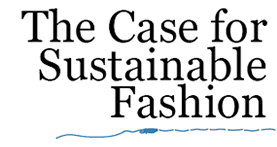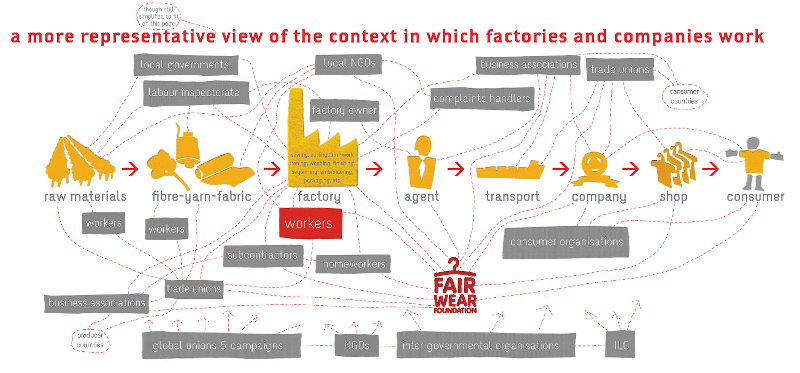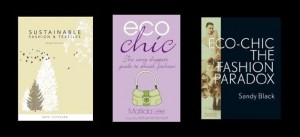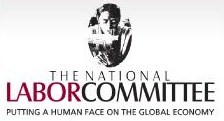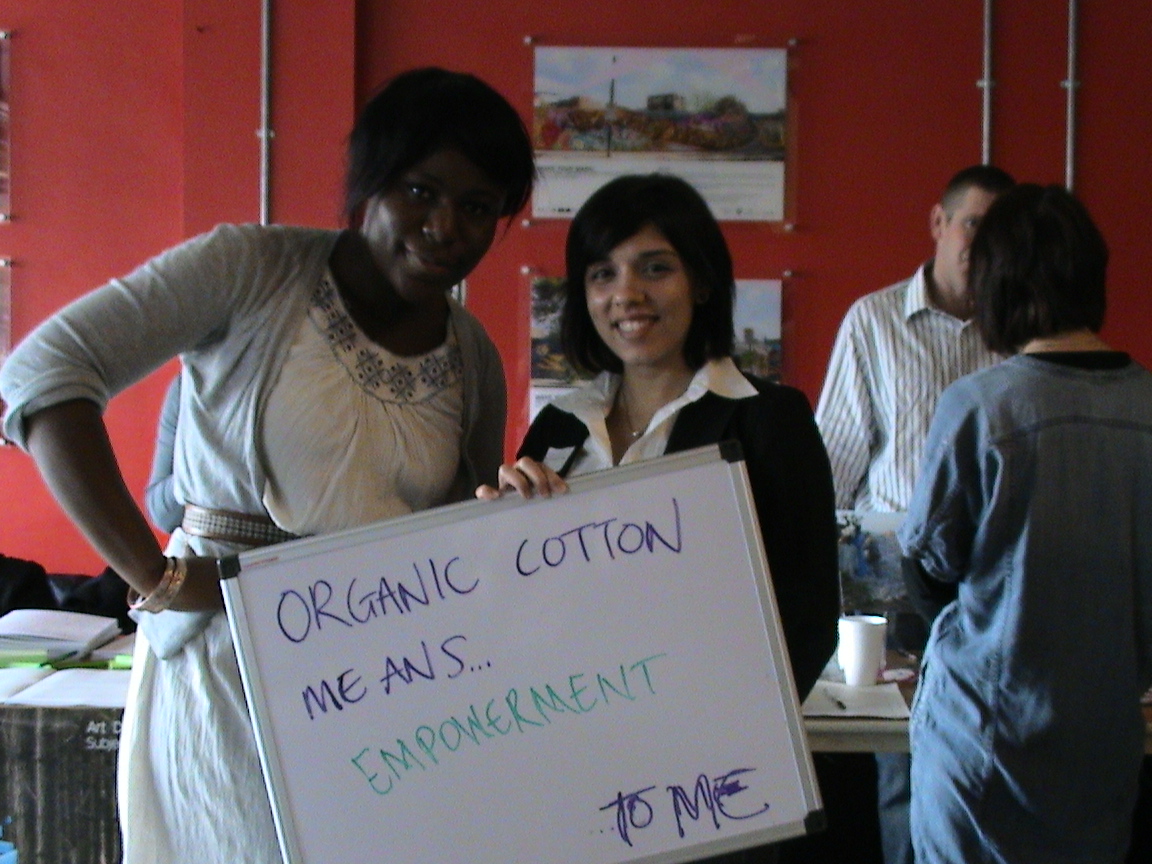The David Suzuki Foundation has launched a FREE downloadable toolkit to help businesses and organizations tread a little more lightly on the planet.
“Work life isn’t just about punching a clock with a bunch of strangers. Smart employers know that their people are happiest and most productive when workplace culture matches their personal values. Companies who are in it for the long run know that reducing waste and increasing efficiency makes them more profitable and competitive.” (David Suzuki)
Here’s the pitch:

- You care about the environment and want to see more done at work to protect it.
- You spend as much or more time with your co-workers than anyone else in your life.
- You want to bring your heart to work and show leadership in your organization.
- Your work would be more fulfilling if it connected to your personal values.
Then David Suzuki at Work is for you!
“I am encouraged by the many people I’ve met who tell me they want to find ways to reduce their impact where they spend most of their time – at work. This toolkit is for them. It’s good for employees. It’s good for business. And it’s good for the planet.” (David Suzuki)
Click here to download a copy for your organization today.

